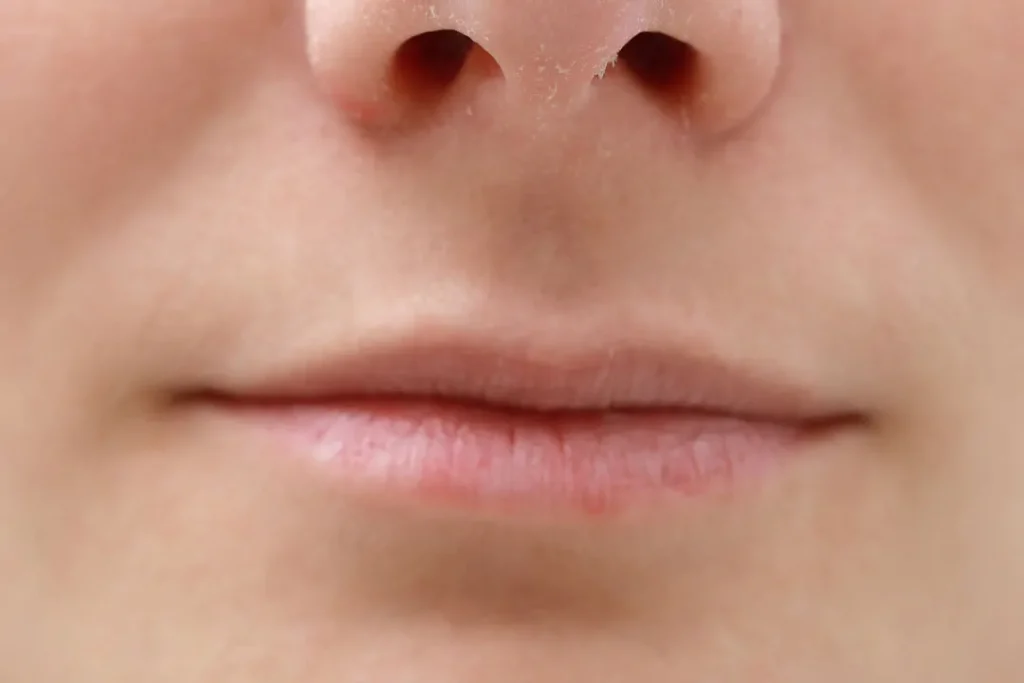The Solanaceae family includes the Duboisia myoporoides, sometimes known as the corkwood tree. This evergreen shrub, found largely in Australia and New Caledonia, is well-known for its therapeutic effects, which are attributed primarily to the alkaloids present in its leaves and bark. Understanding all of the advantages, ideal dose, adverse effects, and potential drug interactions of these alkaloids assists in the prudent and effective use of this dietary supplement.
You May Also Like:
Sunmed CBD vs. Partnered Process CBD: Finding the Best CBD for Sleep
What is Non Restorative Sleep? Here are 5 Great Ways to Get Quality Rest Every Night
Corkwood Tree: Benefits, Dosage, Side Effects, Drug Interactions, and Other Important Information is an original (NootropicsPlanet) article.
Nature
The corkwood tree, otherwise known as Duboisia myoporoides., is an evergreen tree native to Australia. It contains chemical components such as scopine or hyoscine (a.k.a scopolamine), which is a tropane alkaloid that inhibits the parasympathetic nervous system. These compounds contribute to the potential medicinal properties associated with the corkwood tree.
The bark and leaves of the corkwood tree, along with various other parts, have been utilized throughout history for their anti-inflammatory, analgesic, and sedative effects. The tree is also known for its antimicrobial properties and has been used to treat various ailments, including respiratory issues, pain management, and gastrointestinal disorders.
Health Benefits of Corkwood Tree
The primary health advantages of the corkwood tree are mostly related with its alkaloid content. Scopolamine, a key component of the corkwood tree, acts as an anticholinergic agent. This trait has therapeutic implications for a variety of parasympathetic nervous system-related diseases.
Scopolamine is an excellent treatment for motion sickness as well as postoperative nausea and vomiting (PONV). The anticholinergic characteristics of scopolamine give sedative effects, which can be used to treat insomnia and induce preoperative drowsiness. Scopolamine and hyoscyamine both have antispasmodic qualities that make them beneficial in reducing pain caused by gastrointestinal spasms.
Chemistry of Corkwood Tree
Tropane alkaloids, particularly hyoscyamine and scopolamine (also known as hyoscine), are abundant in corkwood trees. These alkaloids are secondary plant metabolites characterised by their bicyclic structure, which consists of a seven-membered ring joined with a nitrogen-containing five-membered ring. These substances have significant effects on the human neurological system, which explains why the corkwood tree is valuable in both traditional and modern medicine.
Scopolamine, the most prevalent alkaloid, is a competitive antagonist for muscarinic acetylcholine receptors (mAChRs). This antagonistic activity is important in the physiological impacts on the human body.

Physiological Mechanisms of Action
The alkaloids found in the corkwood tree, notably scopolamine and hyoscyamine, have therapeutic benefits on the neurological system. They are anticholinergic drugs, which means they inhibit acetylcholine, a crucial neurotransmitter.
Acetylcholine is essential in the nervous system, particularly in the parasympathetic nervous system, where it regulates basic activities such as heart rhythm, digestion, salivation, and vision. Acetylcholine works by binding to muscarinic acetylcholine receptors (mAChRs), which are found throughout the body.
For these receptors, scopolamine and hyoscyamine serve as competitive antagonists. This implies that they attach to the same location on the mAChR as acetylcholine but do not cause the receptor to respond normally. Instead, they prevent acetylcholine from binding, so decreasing its action.

Optimal Dosage of Corkwood Tree
The ideal dosage of corkwood tree alkaloids is determined by the desired therapeutic impact as well as the individual’s unique condition. Scopolamine, for example, is routinely supplied by transdermal patch at a dosage of 1.5 mg, distributed gradually over three days, to avoid motion sickness.
However, because of the powerful effects of these alkaloids and the possibility of serious adverse effects, any supplementing should be done under the supervision of a skilled healthcare professional.
Side Effects
Corkwood tree alkaloids, like any other bioactive chemical, can have negative effects and interact with other drugs. Side effects include dry mouth, dizziness, blurred vision, and, in larger dosages, confusion, hallucinations, and other serious neurological consequences owing to the central nervous system’s influence.

Potential Interactions
These substances may interact with other drugs. They can, for example, amplify the negative effects of other anticholinergic medications. They can also reduce the efficacy of treatments that boost cholinergic action, such as Alzheimer’s disease therapies. Furthermore, because of their effect on gastrointestinal motility, they may modify the absorption of slow-digesting medications.
Responsible Usage
Given the powerful effects and possible hazards of corkwood tree alkaloids, it is vital that these chemicals be used carefully. Self-medication is highly advised against. Instead, these chemicals should only be used under the direct supervision of a healthcare practitioner. To select the most appropriate dosage and monitor for any potential side effects or interactions, the provider might consider the individual’s overall health state, other drugs, and special requirements.
The corkwood tree has tremendous medicinal potential due to its high concentration of bioactive alkaloids. Its advantages include anticholinergic, sedative, and antispasmodic properties. However, considering the potency of these substances, as well as their possible negative effects and interactions, their usage should be used with caution and always under the supervision of a healthcare practitioner. As we continue to explore the realm of natural supplements, the corkwood tree provides a stunning illustration of the vast potential and prudence necessary in harnessing nature’s pharmacopoeia.

Corkwood Tree:
Conclusion
Based on the above information, the corkwood tree has clear potential risks and should be used with caution. Taking corkwood tree by mouth is considered unsafe practice and may result in serious side effects. Never begin taking corkwood tree on your own. Instead reach out to a medical professional to see how the chemical makeup corkwood tree may benefit your ailments. Using corkwood tree may prove effective for those who have trouble with nausea while driving or during flights, but treatment for motion sickness using corkwood tree is not to be self-determined.
References:
- Hyoscyamine. Retrieved From:https://www.drugs.com/mtm/hyoscyamine.html
- Role of Scopolamine in Motion Sickness. Retrieved From:https://www.webmd.com/drugs/2/drug-14032/scopolamine-transdermal/details
- Anticholinergic drugs. Retrieved From:https://www.mayoclinic.org/diseases-conditions/dementia/expert-answers/anticholinergics/faq-20058268
Important Note: The information contained in this article is for general informational purposes only, and should not be construed as health or medical advice, nor is it intended to diagnose, prevent, treat, or cure any disease or health condition. Before embarking on any diet, fitness regimen, or program of nutritional supplementation, it is advisable to consult your healthcare professional in order to determine its safety and probable efficacy in terms of your individual state of health.
Regarding Nutritional Supplements Or Other Non-Prescription Health Products: If any nutritional supplements or other non-prescription health products are mentioned in the foregoing article, any claims or statements made about them have not been evaluated by the U.S. Food and Drug Administration, and such nutritional supplements or other health products are not intended to diagnose, treat, cure, or prevent any disease.


